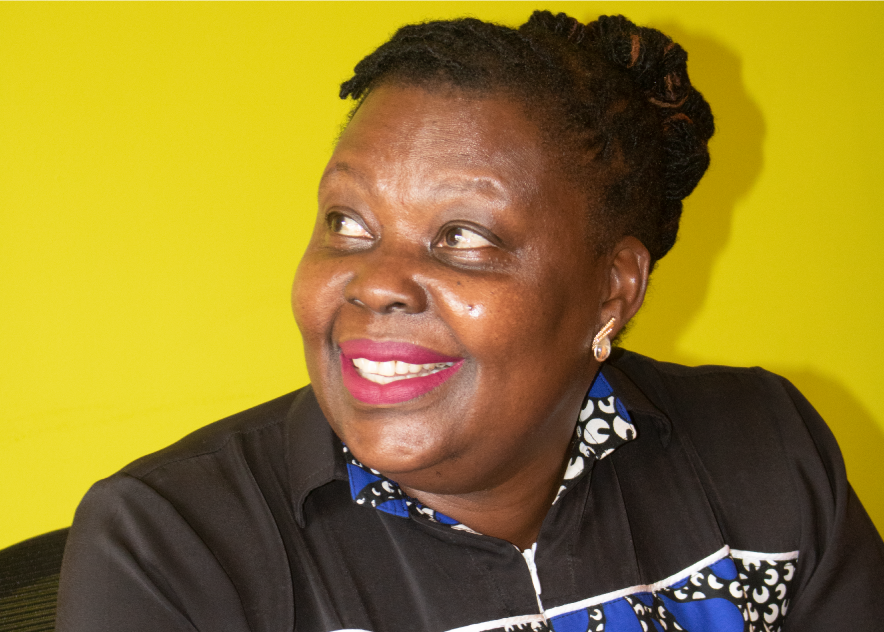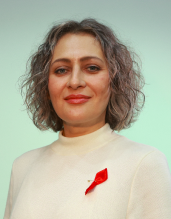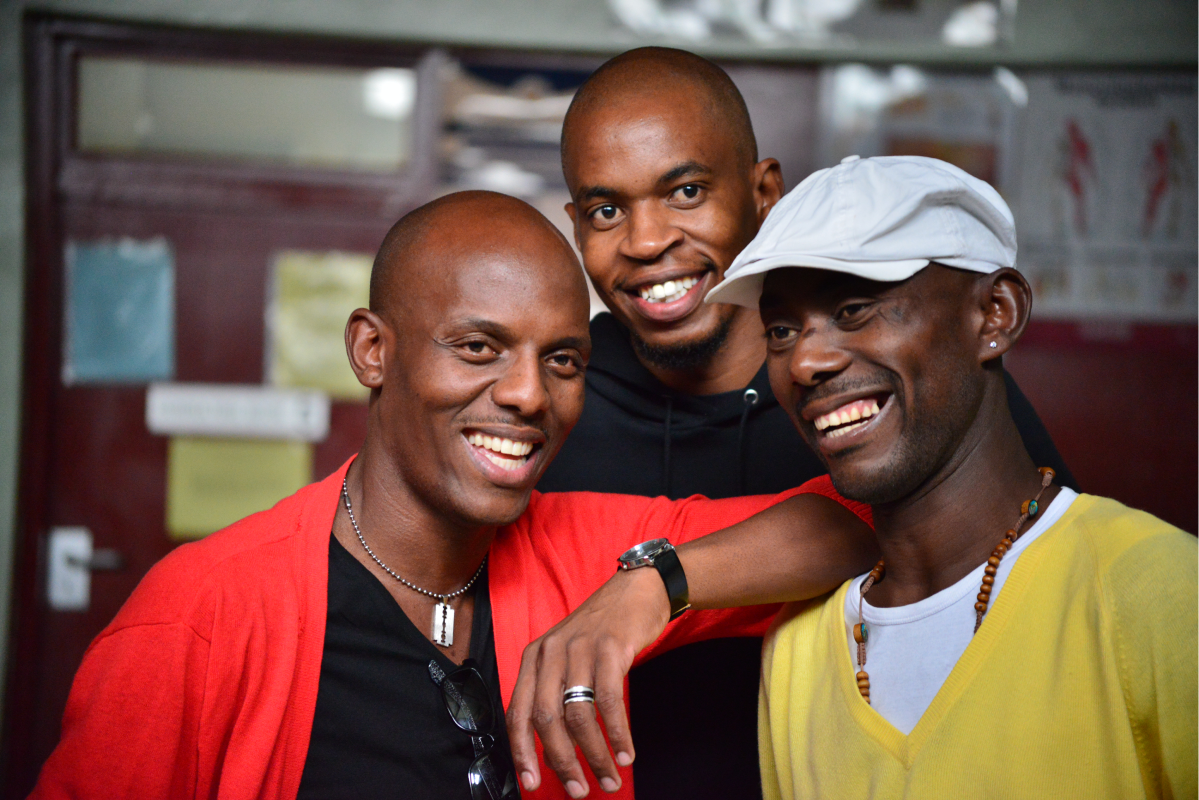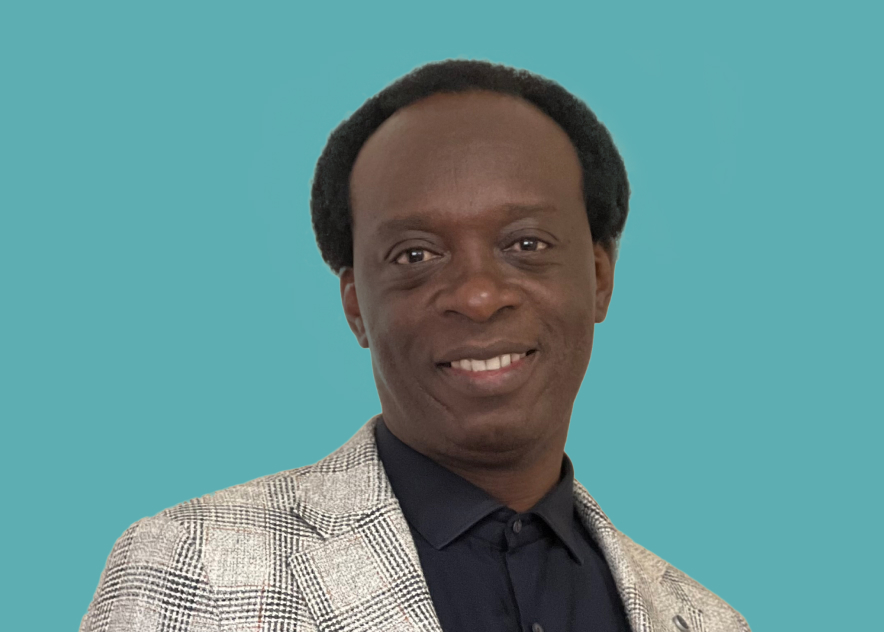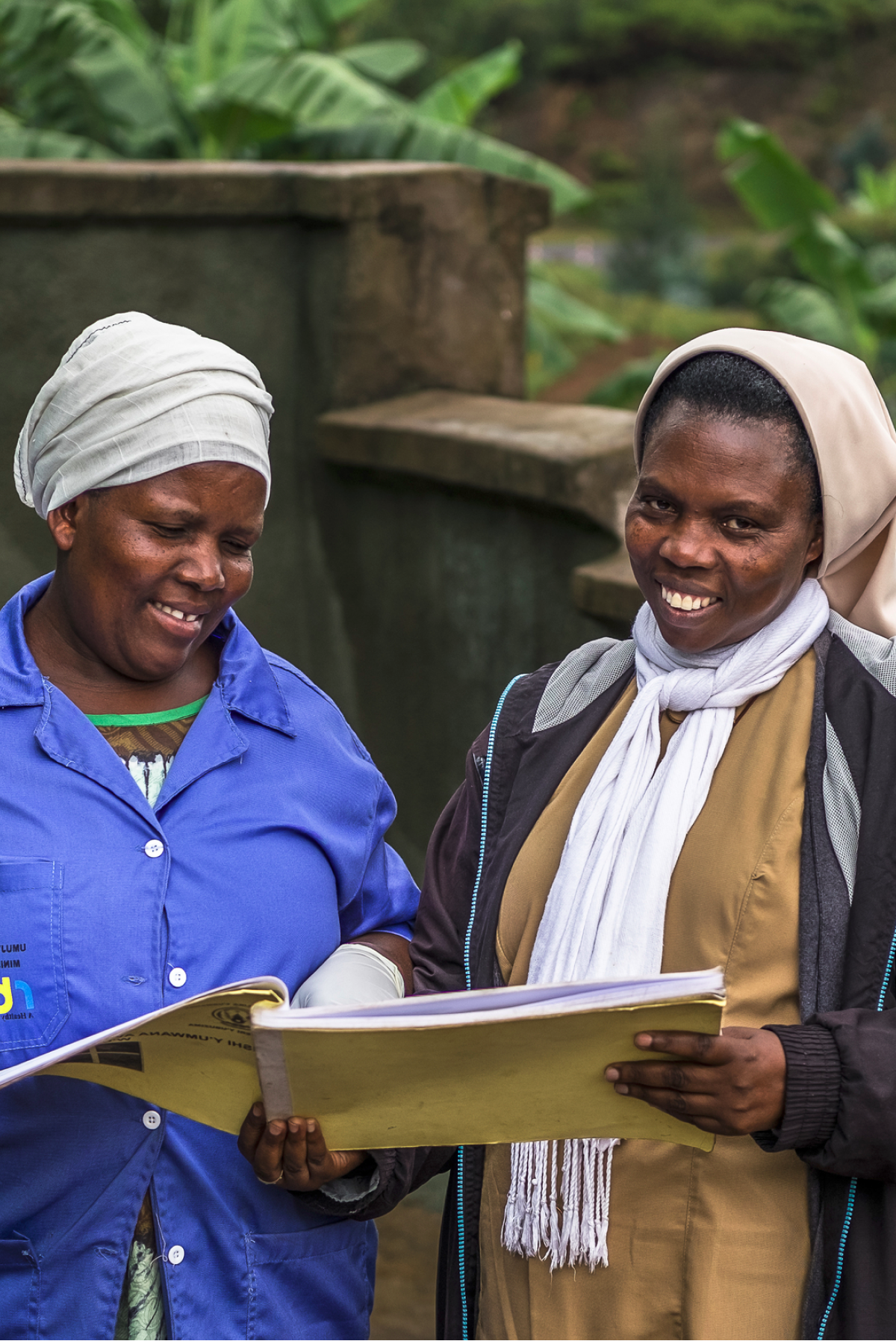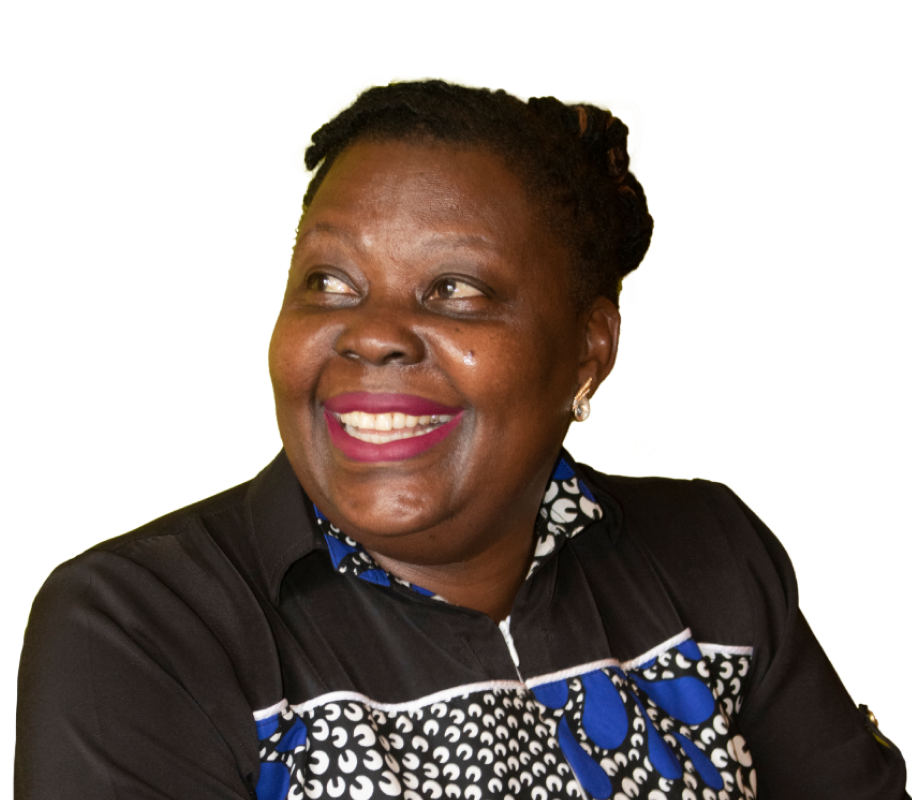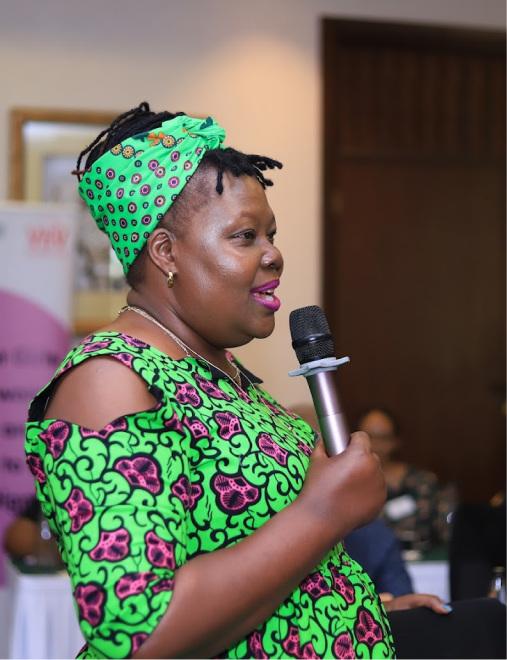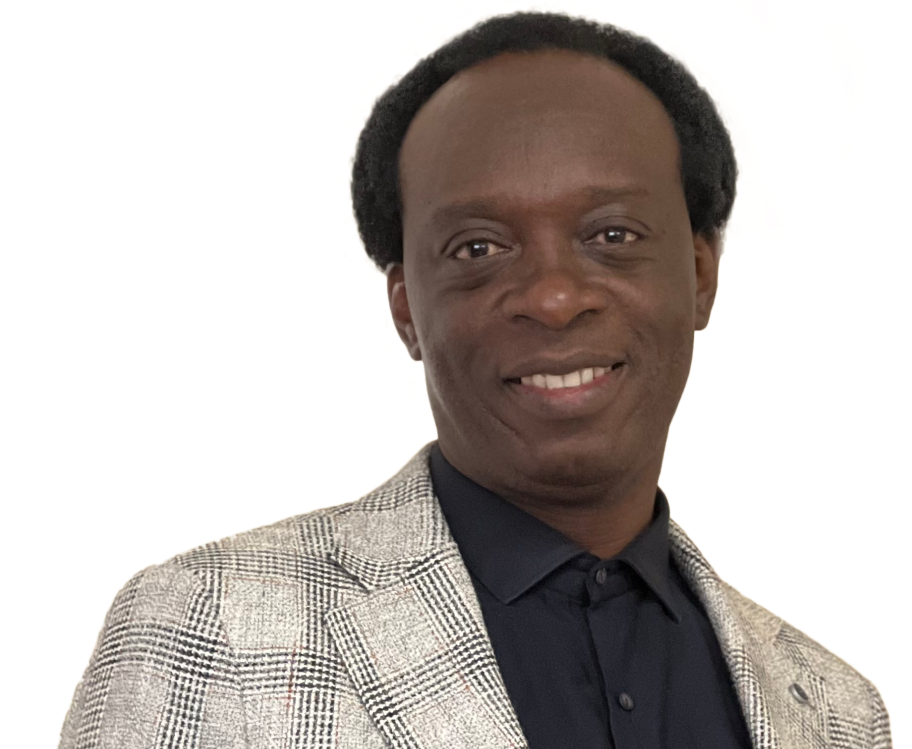When I was diagnosed with HIV, I received no kind of counselling from the hospital about what my new diagnosis meant, and no information about what I could do about it. The response of many people who had been close to me was to blame and shame me. Broken emotionally and financially, I had to leave my home.
I was brought back from isolation and despair because of the warmth and solidarity of other women living with HIV. The help and support from community-led organizations enabled me to share my fears and anxieties and to get strength and support to move forward. Being part of them also raised my awareness of what was happening to other women living with HIV. Holding each other and working together.

